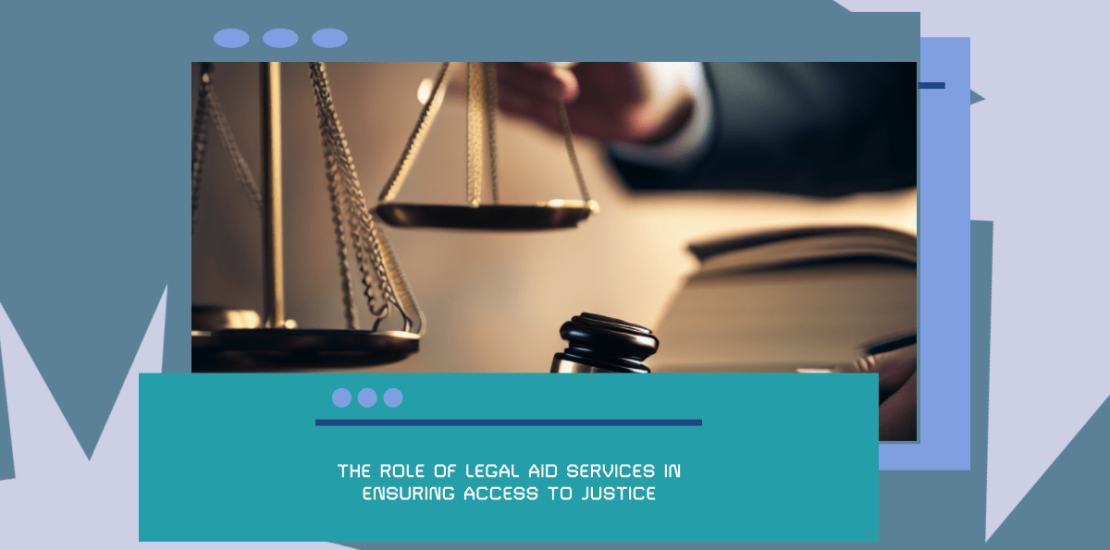- September 16, 2023
- Posted by: webadmin
- Categories: Access to Justice, Justice Sector Reform, Legal Aid

Introduction
Access to justice is a fundamental human right, but it remains elusive for many individuals around the world, primarily due to financial constraints. Legal aid services play a pivotal role in bridging this gap, ensuring that everyone, regardless of their economic status, can seek and obtain justice. In this article, we will explore the crucial role that legal aid services play in ensuring access to justice for all.
Understanding Legal Aid Services
Legal aid services are government-funded or non-profit organizations that provide free or low-cost legal assistance to individuals who cannot afford to hire a private attorney. These services aim to level the playing field in the legal system, ensuring that even those with limited financial resources can access legal representation and advice.
1. Equal Access to Justice
One of the primary functions of legal aid services is to provide equal access to justice. In a society where the cost of legal representation can be prohibitively high, individuals without means often find themselves at a significant disadvantage in legal proceedings. Legal aid services help level the playing field by offering competent legal counsel to those who otherwise might not have access to it.
2. Protection of Rights
Legal aid services play a vital role in protecting the rights of vulnerable populations. This includes victims of domestic violence, refugees, immigrants, and marginalized communities who may face discrimination or exploitation. By providing legal support, these services ensure that the rights of these individuals are upheld and that they have a voice in the legal system.
3. Preventing Wrongful Convictions
In criminal cases, legal aid services are instrumental in preventing wrongful convictions. When individuals are accused of crimes they did not commit, their lack of resources can result in inadequate legal representation, leading to miscarriages of justice. Legal aid organizations work to prevent such injustices by offering skilled defense attorneys to those in need.
4. Promoting Fairness
Legal aid services also promote fairness in legal proceedings. They help individuals navigate complex legal processes, understand their rights, and make informed decisions. This, in turn, ensures that the legal system operates more fairly and that justice is not determined solely by one’s financial means.
5. Reducing the Burden on the Courts
By providing legal assistance to individuals who would otherwise represent themselves, legal aid services help alleviate the burden on the court system. This can lead to more efficient and streamlined court proceedings, benefiting both the justice system and the individuals involved.
Challenges and Opportunities
While legal aid services are essential, they face their own set of challenges, including limited funding and resources. However, innovations in technology and the expansion of pro bono legal work have offered new opportunities to enhance the delivery of legal aid services.
Conclusion
Legal aid services are a cornerstone of a just and equitable society. They ensure that access to justice is not contingent on one’s financial status, protecting the rights of the vulnerable and upholding the principles of fairness and equality in the legal system. As we continue to strive for a more just society, it is essential to recognize and support the critical role that legal aid services play in ensuring access to justice for all.
